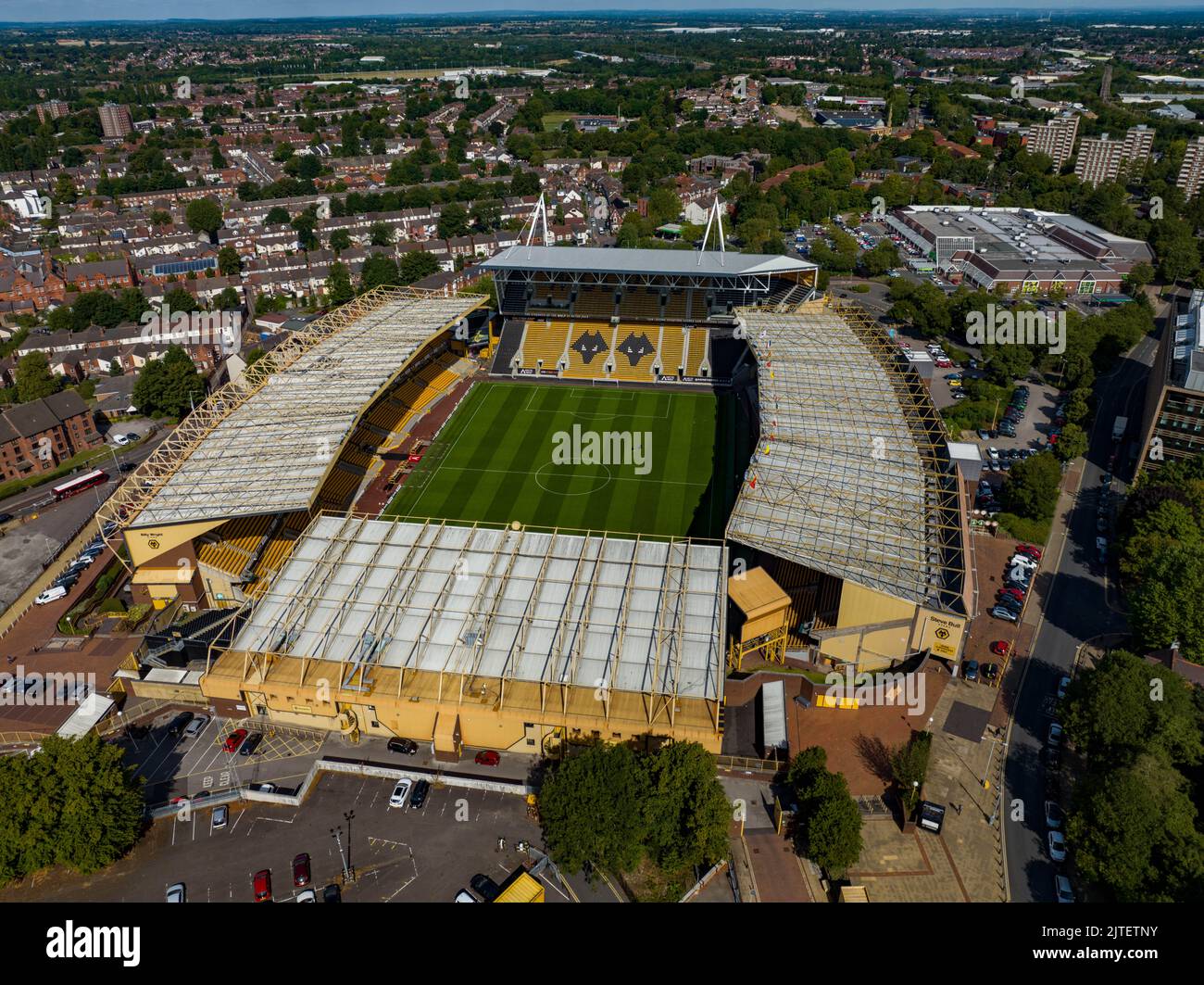Comparing Nice and Toulouse: Two French Cities with Distinct Characters

Introduction
When considering a visit to France, two cities that often emerge in the conversation are Nice and Toulouse. Each city boasts a unique charm and a variety of experiences for both locals and tourists. Understanding the differences in culture, geography, and lifestyle can help visitors choose which city might suit their preferences better. As travel resumes post-pandemic, the allure of exploring new destinations remains strong, making this comparison even more relevant.
Geographical Context
Nice, located on the stunning French Riviera, is well-known for its Mediterranean climate, beautiful beaches, and picturesque views of the sea. The city is a major tourist destination, famous for its luxurious lifestyle, historic hotels, and vibrant nightlife. On the other hand, Toulouse, known as “La Ville Rose” (The Pink City) due to its terracotta buildings, is situated in the south-western part of France. The city’s rich history and strong aerospace industry contrast sharply with Nice’s focus on tourism and hospitality.
Cultural Experiences
Nice is steeped in a blend of French and Italian cultures, offering a culinary experience that includes traditional Niçoise dishes such as socca and salade niçoise. The city is also home to numerous museums and galleries, including the Marc Chagall National Museum and the Matisse Museum, making it a haven for art enthusiasts. Additionally, the Nice Carnival, one of the most famous in the world, draws huge crowds each year, reflecting the city’s lively spirit.
>In contrast, Toulouse’s culture is deeply influenced by its history as an important Roman settlement. The city is famed for its regional cuisine, known for hearty dishes such as cassoulet and magret de canard. The vibrant student population, thanks to institutions like Toulouse University, injects a youthful energy into the city, with plenty of festivals and events throughout the year. Cultural sites such as the Basilica of Saint-Sernin and the Cité de l’Espace (a theme park dedicated to space and aerospace) also distinguish Toulouse as a cultural and educational hub.
Transportation and Accessibility
Transportation in Nice is well-developed, with an efficient tram system, buses, and proximity to Nice Côte d’Azur Airport, which serves international destinations. This accessibility is a significant draw for tourists seeking easy access to the Mediterranean coast.
>Conversely, Toulouse boasts an extensive metro and tram network, making it convenient to navigate the city. The city also has a significant train network, including high-speed trains (TGV) connecting it to other major French cities, facilitating travel across the country.
Conclusion
In summary, Nice and Toulouse both offer distinctive experiences that cater to different tastes and interests. Nice is ideal for those seeking sun, luxury, and a Mediterranean lifestyle, while Toulouse appeals to history buffs, students, and those interested in the aerospace industry. Visitors to France should consider these factors when planning their trips, as both cities present unique insights into the diverse tapestry of French culture.
You may also like

Exploring Monmouth: History, Attractions and Community

Exploring Wolverhampton: A Gateway to Culture and History

Understanding Glasgow Airport and Its Significance
SEARCH
LAST NEWS
- Remembering Wendy Richard: The Promise to Co-Star Natalie Cassidy
- How Did Anglian Water Achieve an ‘Essentials’ Rating for Mental Health Accessibility?
- Shai Hope Leads West Indies in T20 World Cup Clash Against South Africa
- What We Know About Weston McKennie: Future at Juventus and Past at Leeds
- What We Know About the Upcoming Live Nation Antitrust Trial